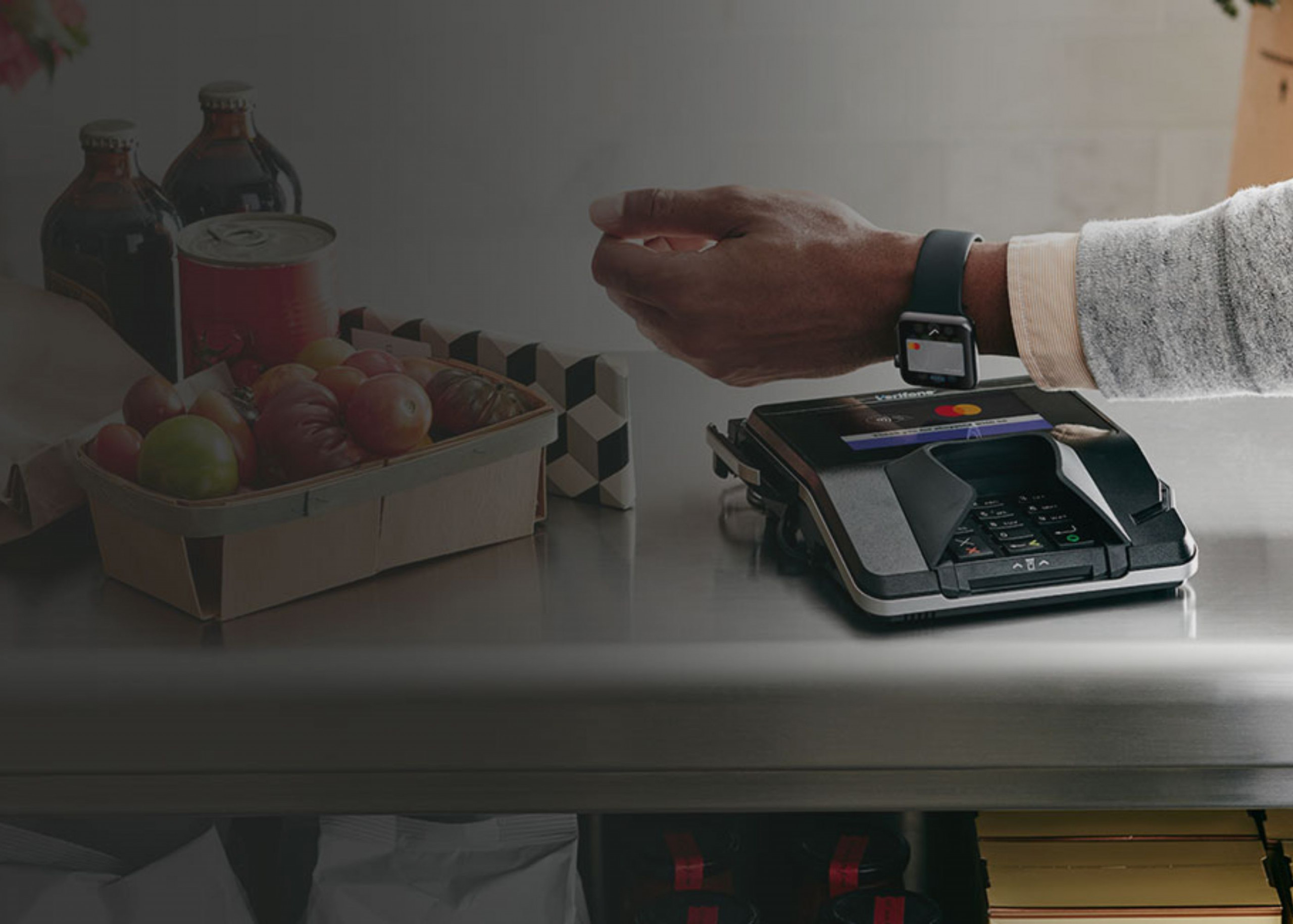News in brief:
– Mastercard is partnering with African governments to improve access to finance for agricultural workers through contactless payments.
– The partnership aims to increase financial inclusion, digital access, and trust between banks and farmers, ultimately boosting investment in the agricultural sector.
Mastercard is partnering with governments in Kenya, Nigeria, and Tanzania to support one million agricultural workers by improving access to finance.
The deal was an outcome of Vice President Kashim Shettima’s meeting with Mastercard executives at the 79th Session of the UN General Assembly in New York. It will target enhancing financial inclusion and digital access for primary producers with support from the African Development Bank (AfDB).
According to Nigeria’s Minister of Communications, Innovation & Digital Economy, Dr. Bosun Tijani, the financial institution will attempt to bridge the gap of trust that exists between commercial banks and farmers.
Despite its contribution to Nigeria’s economy, the agricultural sector has failed to become an attractive investment target for investors. This is why the government moved to improve the Nigeria Incentive-Based Risk Sharing System for Agricultural Lending (NIRSAL) as a tool to protect investments.
However, as a government-backed initiative, NIRSAL may not be enough and requires a business-focused approach to further give it credibility. This is where a global brand like Mastercard can come in.
“We’re planning 160 contactless payment seminars starting next February. These seminars are crucial in educating stakeholders and preparing the market for this technological leap,” Dr. Folasade Femi-Lawal, the Country Manager for West Africa at Mastercard, said about the corporation’s plan to bring as many people along as possible.
Already, many industries have adopted contactless payments to speed up transactions and make them convenient. Bringing agricultural workers into this fold will not just secure payments but also provide a way for financial institutions to track the industry’s metrics. This data can become a reliable resource to calculate risks, turnover, profit, and other indicators that inform investment choices.
It is expected that the agricultural sector will experience exponential growth as more players modernize financial services.



